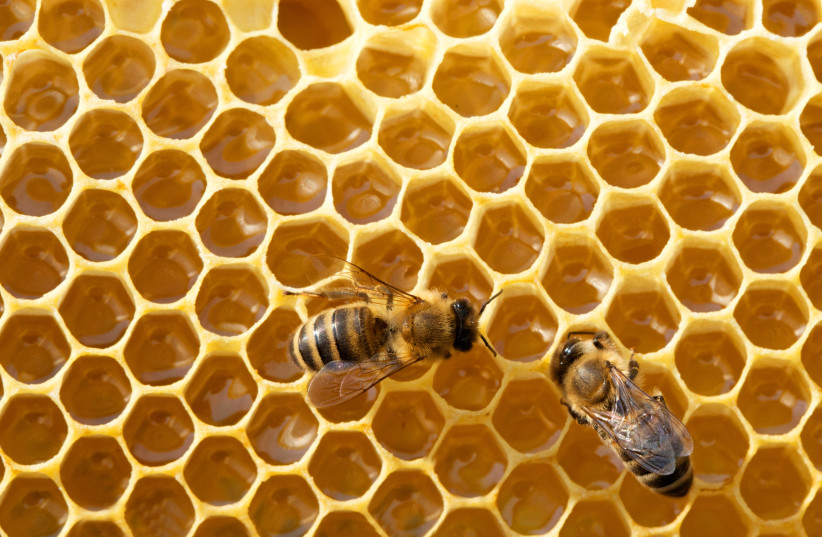Adding some honey to meals is a great way to get some extra flavor and add some beneficial health effects to your diet, according to researchers at the University of Toronto.
Scientists have found that honey improves several key indicators of cardiometabolic health such as blood sugar and cholesterol levels.
A study published in the journal Nutrition Reviews discussed a systematic review and meta-analysis of clinical trials involving honey. This process led researchers to see that eating honey lowers fasting blood glucose, total cholesterol and bad cholesterol/LDL, stabilizes triglycerides and is a marker for fatty liver disease.
Honey also appears to promote increased levels of HDL/good cholesterol and some markers of inflammation.
Tausif Khan, a research fellow in nutritional sciences at the University of Toronto's Faculty of Medicine, said that these results are surprising because honey is about 80% sugar. Yet honey is also a complex composition of common and rare sugars, proteins, organic acids and other bioactive compounds that very likely have health benefits.

Previous studies show that honey is associated with improved cardiometabolic health, especially with regard to studies with animals. This latest project is the most comprehensive review to date of relevant clinical trials, and also includes detailed data relating to honey processing.
The thinking among public health and nutrition experts has long been that "sugar is sugar," according to John Sievenpiper, Professor of Nutritional Sciences and Medicine at the University of Toronto. Yet the results show this isn’t the case, and a different definition than sugar should be given in the nutritional guidelines.
How much honey should you eat every day?
The research team emphasizes that it’s essential to consider the context of findings from trials in which participants followed other healthy dietary patterns. According to the findings, added sugars accounted for only 10% or less of the participants' daily calorie intake.
Khan says not to start eating honey if you're currently avoiding sugar. Instead, honey is an exchange. If you use regular white sugar, syrup or another sweetener, replacing the sugars with honey may lower cardio-metabolic risks.
The team included a total of 18 controlled trials involving over 1100 participants in this analysis. The median daily dose of honey in the experiments was 40 grams (about two tablespoons), and the median duration of the experiment was eight weeks.
Raw honey seems to have resulted in many benefits observed in studies. Also, honey taken from single-flower sources such as robinia, or acacia honey, and honey from clover flowers which is common in North America seems to be particularly beneficial.
Pasteurization may weaken the benefits of honey
Study authors explain that processed honey seems to lose many of its health effects after pasteurization. Still, Khan believes the effect of a hot drink on raw honey depends on many factors, and probably won't destroy all the beneficial properties.
There are many other ways to enjoy some unheated honey, such as with yogurt, as a spread or as a salad dressing.
Khan says future research should focus on both unprocessed and single-flower honey. More high-quality evidence can help modern science create a comprehensive understanding of the many health-promoting compounds in honey.
